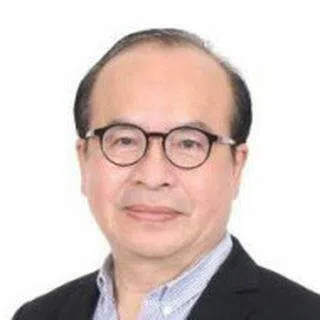China's political black box has become even more opaque
Commentator Chen Kuohsiang says that China's politics have become even more opaque and rigid since the announcement that the premier's press conference will no longer be held at the end of the National People's Congress. With no room left to express personal will or position, the Chinese premier has been reduced to the general secretary's political implementer.
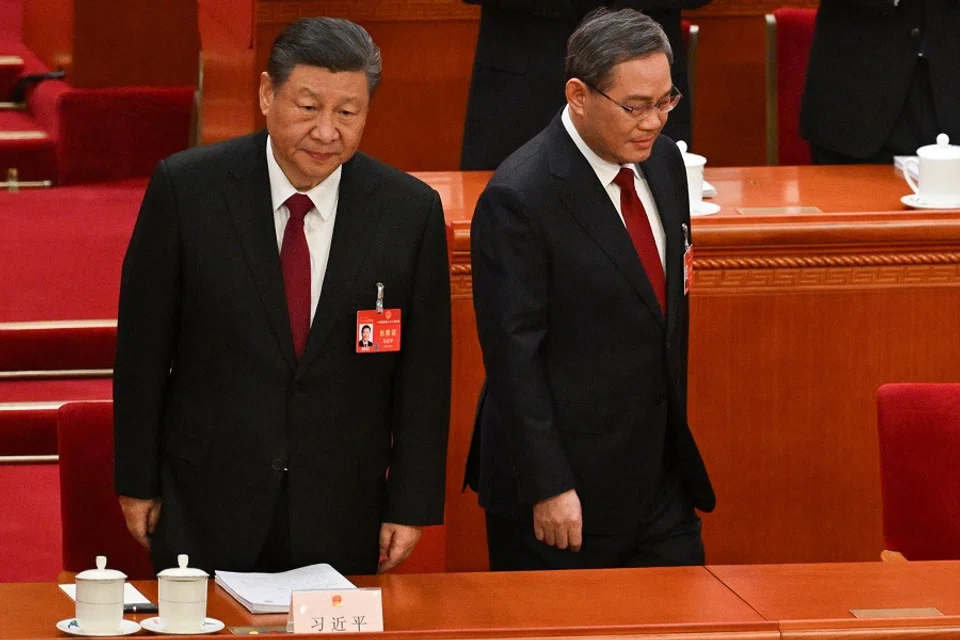
The Chinese Communist Party (CCP), known for not being very transparent on its politics, has shut yet another window into the country.
National People's Congress (NPC) spokesperson Lou Qinjian said that Chinese Premier Li Qiang would not be holding the usual premier's press conference after the close of this year's meeting. The practice would be abolished at future editions of the NPC sessions too, an announcement that tantamounts to drawing a curtain over the black box of Chinese politics.
Chinese politics more boring, rigid and opaque
This move not only further darkens China's political black box, but also constrains the premier's authority in external discourse, further diminishing his status and concentrating power in one person.
... the premier essentially becomes the general secretary's political implementer, unable to assert personal will and openly express opinions...
The premier's press conference with domestic and foreign journalists was a window into Chinese politics and also symbolised the office-holder's extent of power. Although responsible for the country's internal affairs and economy, the premier's position has been gradually weakened over the past 11 years with the establishment of various committees and working groups. This puts in place a decision-making model whereby the party's general secretary is in charge of everything and has direct control over the economy.
The premier's press conference at the end of the Two Sessions was supposed to be the only opportunity for the premier to openly talk about national affairs. Now that it has been cancelled, the premier essentially becomes the general secretary's political implementer, unable to assert personal will and openly express opinions, leading others to infer that the premier will be even more subservient to the general secretary.
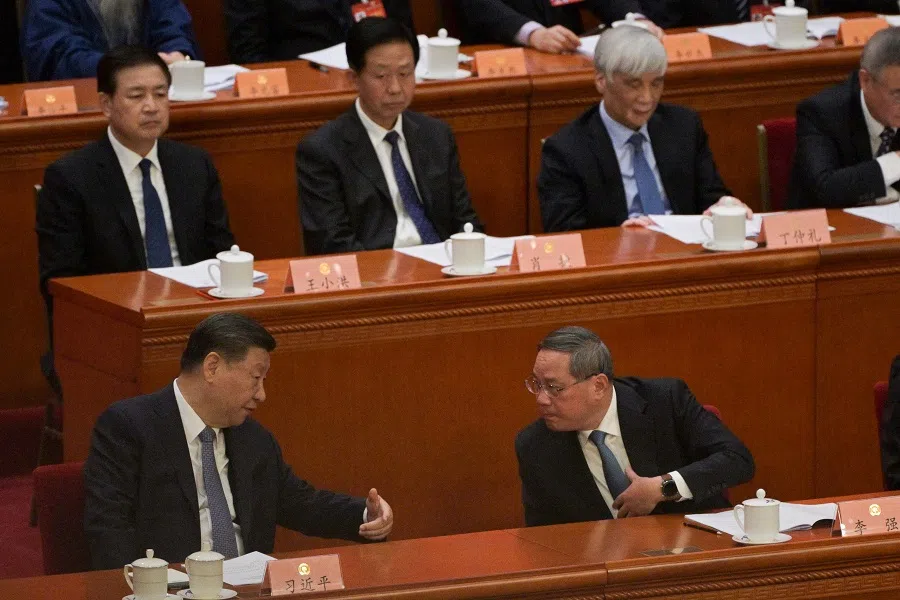
To the outside world, in China's political arena, officials often wear a mask, concealing their personal opinions, preferences and character. The premier's press conference was the only occasion to express genuine sentiments and speak the truth.
Early in April 1988, after the closing of the first session of the 7th NPC, then NPC spokesperson Zeng Tao invited the newly elected Chinese Premier Li Peng and Vice-Premier Yao Yilin, among others, to attend a press conference at the Great Hall of the People, attracting over 400 domestic and foreign journalists. It was a refreshing experience for people at home and abroad, and brought the world closer to the Chinese officials.
Subsequently, then Premier Li Peng again attended the press conference after the Two Sessions, and the premier's press conference became a regular occurrence since 1993. The premier's press conference has been a window of direct communication to the world, and also a highlight after the conclusion of the annual meetings. It was the only occasion that created a sense of friendliness and authenticity amid the bureaucratic political style.
With the cancellation of such "programming" with great public relations benefits, Chinese politics will become more boring, rigid and opaque.
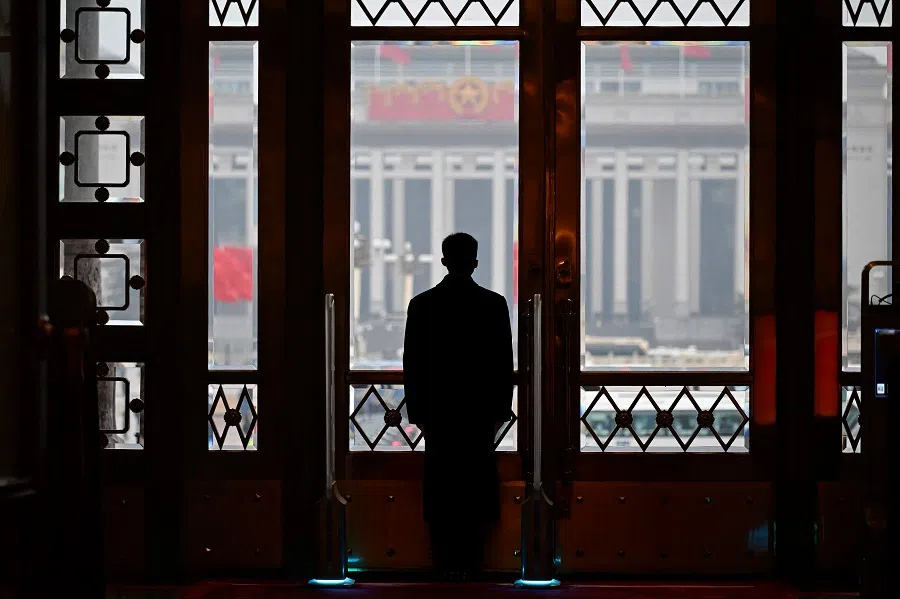
Over the years, Chinese premiers have also left behind many famous quotes at the press conference, such as Zhu Rongji's declaration that he will "devote all I have to the people and the country till the last minute of my life"; Wen Jiabao's assertion that economic reforms cannot be carried out without the success of political reform; and Li Keqiang's frank remark that "shaking up vested interests could be more difficult than touching the depths of souls", and that the country had 600 million people with a monthly income of 1,000 RMB.
With the cancellation of such "programming" with great public relations benefits, Chinese politics will become more boring, rigid and opaque.
... these are all an expression of centralised power in the hands of the CCP general secretary.
Poor policy implementation with little room for discussion
To the eyes of the world, whether it is CCP General Secretary Xi Jinping's instructions or the premier's thoughtful approach to not steal the limelight away from Xi, these are all an expression of centralised power in the hands of the CCP general secretary.
In truth, the CCP has completely implemented party-led politics after the 20th Party Congress; the party is in charge of everything, and the State Council carries out its orders, the powers of both the NPC and the Chinese People's Political Consultative Conference have been marginalised.
This was especially so in January 2018, when the 20th CCP Central Committee passed a constitutional reform to abolish the presidential term limit, thus extending Xi's hold of power for the long run and maximising his power. The situation following the 20th Party Congress is ostensibly one of an individual leading a group of assistants to manage national affairs.
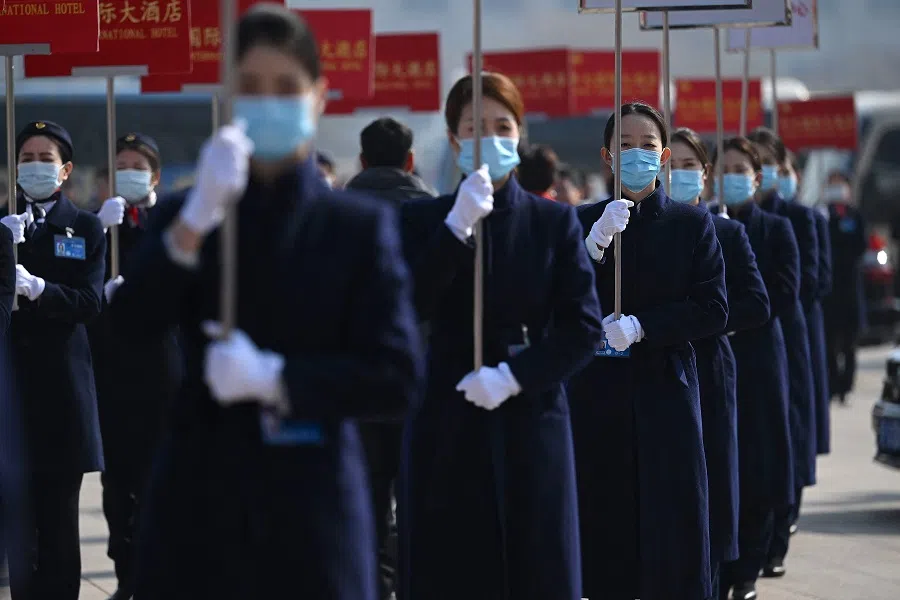
During the 20th Party Congress, the power of the general secretary was further consolidated, with the Politburo members and Standing Committee as well as party cadres all "of the same faction" - those from the "former dynasty" that previously still held some sway, second-generation reds and other factions were all pushed out.
Although the consolidation of power has reached its zenith, the implementation of several major policies has not gone smoothly, stirring controversy from many sides. The three years of the strict zero-Covid policy was a humanitarian catastrophe and caused hardship for the people, and its harmful impact is still weighing on economic recovery today. Several laws were passed without any open discussion, and many policies to restructure private firms came out of the blue. Meanwhile, the room for the media, academics, experts, elites from all sectors and the people to discuss the country's key policies has been greatly restricted.
When differing opinions disappear almost entirely, the top-down - as well as from the inner circle outwards - approach to decision-making would be even more pronounced...
Towards centralisation, subjectivity and a black-box model
If a major country is left with only one brain to make key decisions, and one mouth to expound on national affairs and exhort its party members and people against "improper discussions of the policies of the central party", the "whole-process people's democracy" would be reduced to mere propaganda.
From within the party to the whole of society, freedom of speech has been further restricted over the last ten years, and private enterprises have been further controlled. The party is constantly extending its control over society.
Once the will of people within and outside the party unite, opinions would all fall on the same side. When differing opinions disappear almost entirely, the top-down - as well as from the inner circle outwards - approach to decision-making would be even more pronounced, with nary a sign of the necessary differing viewpoints, supervision, and checks and balances. The CCP's decision-making process and execution of power has taken another step towards centralisation, subjectivity and a black-box model.
Doing away with the premier's press conference could be a sign of a lack of confidence in dealing with pressing questions by the domestic and foreign reporters.
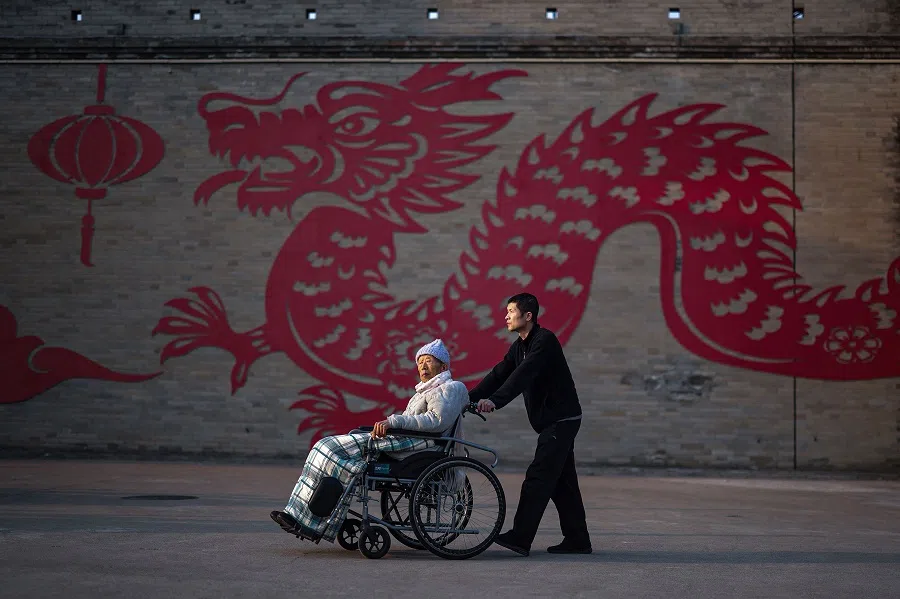
There have been several major incidents in the past six months, but the outside world is completely clueless as to what the actual situation is, with all sorts of speculations - even smearing - coming in droves with no relief in sight.
For instance, Foreign Minister Qin Gang's disappearance, Defence Minister Li Shangfu's dismissal as well as the scandal involving the numerous removal of high-ranking officials of the Rocket Force - what truly happened? It is all tightly under wraps, with officials and media not revealing a single word of information. But both the general secretary and the Central Committee have suffered criticisms and attacks amid the constant wild guesses and debate.
Doing away with the premier's press conference could be a sign of a lack of confidence in dealing with pressing questions by the domestic and foreign reporters. But the debate and criticism it has stirred up both domestically and abroad is now even more significant than what the Hu Jintao incident - when the former CCP general secretary was escorted out during the closing ceremony of the 20th Party Congress - caused. This is because cancelling the premier's press conference is linked to the issues of openness and transparency of the system, as well as the allocation of power.
A major country and political party that once waved the banner of reform and opening up should have the big picture in mind during the conduct of its affairs, and should take into account the global situation and the world at large. Only a political system without any black-box politics can be considered a true display of democracy.
